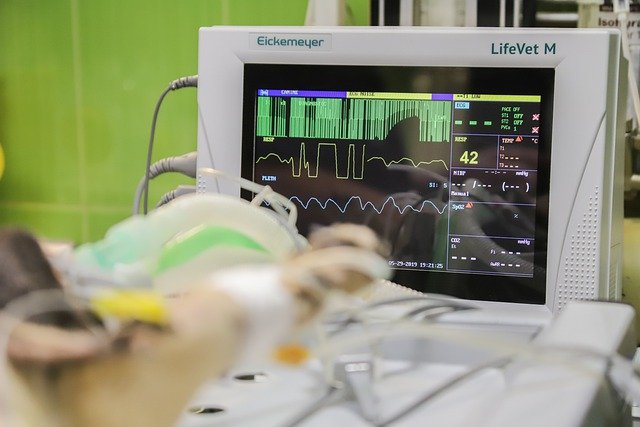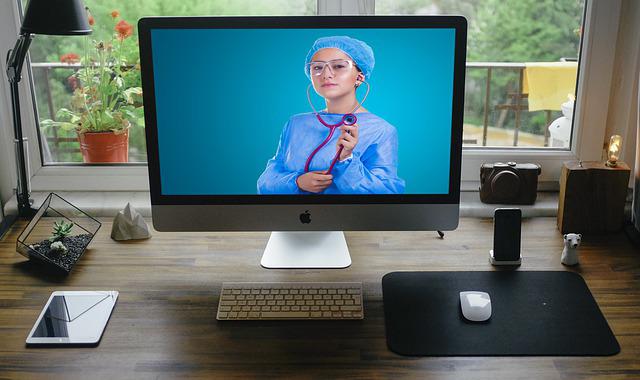Once again this year Chicago Pacific Founders is among several healthcare industry leaders taking part in the ADAPT program, which seeks out innovative healthtech startups and provides each of them with $100,000 in non-dilutive funding, as well as the resources to scale new solutions and models.
Anthem, Blue Shield of California, Cigna, Evernorth, Optumlabs and United Health Group are the other partners in this venture, which was launched by the University of California, San Francisco’s Rosenman Institute for Innovation in 2020 in response to the pandemic.
At the time, Rosenman Institute Director Christine Winoto called it “a great way for different stakeholders in the healthcare ecosystem to join forces and address a crisis through innovation,” and added:
“By working directly with the payors early in the product development process, we can increase efficiency and deploy much needed solutions faster. This approach of providing immediate funding and access to insights from experienced players in the healthcare game will hopefully lead to innovation that solves problems that matter.”
As was the case then, startups — especially those developing transformative technology that might enhance outcomes at the community level — were called upon to apply. The deadline this year was Oct. 1, and applicants will be notified of their status between Oct. 25-29. Virtual presentations will be made to an expert panel Nov. 9-10, and to the ADAPT industry panel Dec. 1-2. Selections will be announced Dec. 15, and those startups that are chosen will work with the partners to optimize and scale up from January to April, 2022.
As noted on the UCSF Rosenman Institute website, the entrepreneur benefits not only from funding but from “commercial validation and adoption” as well as support from and access to Rosenman’s ecosystem. The investors, meanwhile, gain access to promising technology while also forging relationships with “the robust UCSF innovation and investor community.”
Some 600 startups applied in 2020, and seven were selected:
- Bold — Digestive health.
- ConsejoSano — Health equity.
- EMME — A smart birth-control system.
- GroupWell — Group therapy via telehealth.
- Oshi — Virtual gastrointestinal care.
- Vynca — End-of-life issues.
- Woebot — Mental health.
ConsejoSano CEO Abner Mason called the ADAPT experience “exceptional” on the UCSF Rosenman website, pointing out the streamlined enrollment process, regular updates and the feedback and insights provided during the pitch process.
“We’ve already connected with two large potential health-plan clients,” he was quoted as saying, “which I expect will lead to significant revenue opportunities for us.”
Emme CEO Amanda French, meanwhile, said ADAPT has enabled her organization to “reach patients more quickly and on a broader scale, which is especially meaningful in the context of the unprecedented demand the past year has shown for women’s digital health support.”
And finally there was Oshi Health CEO Sam Holliday, who said his company launched a clinical study with its sponsor that will “prove the value of our virtual-first gastroenterology clinic relative to traditional GI care delivery.”
The conclusion that may be drawn, then, is simple: Just as innovation has been vital during a nearly unprecedented public-health crisis, it will be needed to help the sector meet the challenges of a post-COVID world. And the ADAPT program is a step toward doing so.






